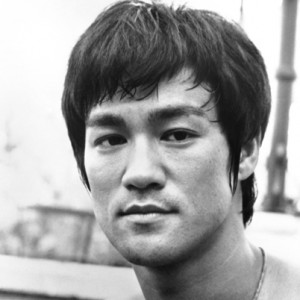There is the question of how to develop patience. Most parents wish they had more of it and certainly want their children to be patient. The development of all virtues begins with awareness. This week I asked students if they showed more patience what parents would think. All of them agreed that they would believe they were growing up and showing maturity.
I would agree with that assessment. But it worries me that so many of us adults lose our patience. Does that mean that we are less mature? We would be quick to say NO to that question, but what is it a sign of if we are not able to show that kind of self-discipline?
I think that the lack of patience and control of our emotions boils down to selfishness. Any selfishness begins with our personal needs. We expect young children to show a lack of patience with tantrums and crying. Their world is very much about them. But as we grow up we recognize that others have needs also, and our empathy and compassion allow us to be patient with them.
Just asking ourselves a couple of questions may help us to role model patience for our children.
- What are the results that I would like to see from this situation?
- Five years from now will this situation still be important to me? Will it matter?
- I wonder what the other person is feeling right now?
We have all heard the suggestion to take a few deep breaths before we respond. The real point is to pause, take the breath (as that get more oxygen to the brain so we can think more clearly) and ask yourself an appropriate question. Doing so will help us be more patient with our children or help teach our children the sought after virtue of patience.

 In the words of Bruce Lee: “Remember, success is a journey, not a destination. Have faith in your ability. You will do just fine.”
In the words of Bruce Lee: “Remember, success is a journey, not a destination. Have faith in your ability. You will do just fine.”